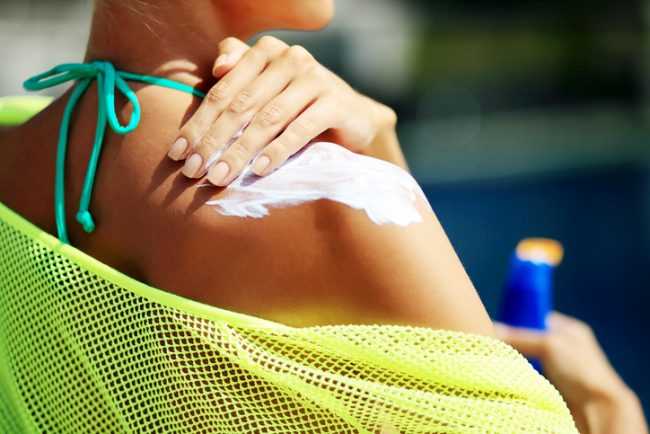That lazy old sun has awoken from its winter slumber and is gathering strength as the long, warm days of summer approach.
For some people, the sun inspires joy. But others dread its damaging rays. In truth, sun exposure can be both a tonic to your health and the source of disease.
Here's what you need to know to safely make the most of the summer sun.
Good: The sun might banish seasonal affective disorder
A lack of sunlight has been associated with seasonal affective disorder (SAD), a type of depression that tends to strike in late fall and throughout the winter.
The exact cause of SAD is unknown. But the shorter, darker days of winter increase production of melatonin, a hormone that might cause people with SAD to feel sleepy and lethargic.
The further you live from the equator, the more likely you are to have SAD. In fact, just 1 percent of Floridians report symptoms related to SAD, compared to 9 percent of residents in the Northeast and Alaska, according to the National Institutes of Health.
The lengthening days and increased light of spring and summer might help send SAD packing.
However, that doesn't mean you should spend extra hours bathing in the sun, trying to soak up its rays, says Dr. Susan Weinkle, a Bradenton, Fla.-based dermatologist and fellow in the American College of Mohs Surgery.
"Where I live in Florida, you get enough incidental sun exposure just walking to the car," she says.
Bad: The sun increases your risk of skin damage
The sun's power to damage your skin is well-known. Not only can it cause wrinkles, but too much sun exposure significantly increases your risk of developing skin cancer.
The fact that so many people fail to properly use sunscreen further magnifies the sun's potential for damage, says Dr. David J. Leffell, the David Paige Smith professor of dermatology and surgery at Yale School of Medicine.
"The higher the SPF, some people think, the less frequently they need to apply it," he says. "This is a huge myth."
Instead, apply sunscreen every couple of hours while active outdoors, Leffell says. "Men most often forget to apply sunscreen to the tops of the ears, and women would do well to remember to apply sunscreen to the upper V of the chest," he says.
Another way to protect your skin is to purchase clothing that shields you from ultraviolet light. It can be even better than sunscreen "because it doesn't wash off," Weinkle says.
And forget about using the sun to get that coveted bronze glow. "You may look better now, but there is no question you will look worse down the road," she says.
Mixed: The sun aids in vitamin D production – but at a cost
It's true that a lack of exposure to the sun can lead to vitamin D deficiency for some people. But Weinkle says most of us should not worry about lacking vitamin D. And for those who are at risk, vitamin D supplements are available.
"There is no need to depend on the sun for vitamin D," Weinkle says. "You can get everything you need from a little pill."
Leffell agrees that it's a big mistake to spend long periods in the sun simply to boost vitamin D production.
"The risk of getting skin cancer from overexposure to ultraviolet radiation is far greater than a theoretical concern about sun avoidance leading to vitamin D deficiency," Leffell says.
Bad: The sun can damage your eyes
The sun's ultraviolent rays can cause several eye disorders, including cancer, cataracts and growths on the eye.
This type of a damage is a reminder that simply wearing sunscreen is not enough to keep you fully protected from the sun.
"People should remember that (sunscreen) is not a magic bullet," he says. "Avoidance of sun during peak hours, wearing a hat, UV protective sunglasses, and most generally, avoiding a sunburn are critical things to remember."




